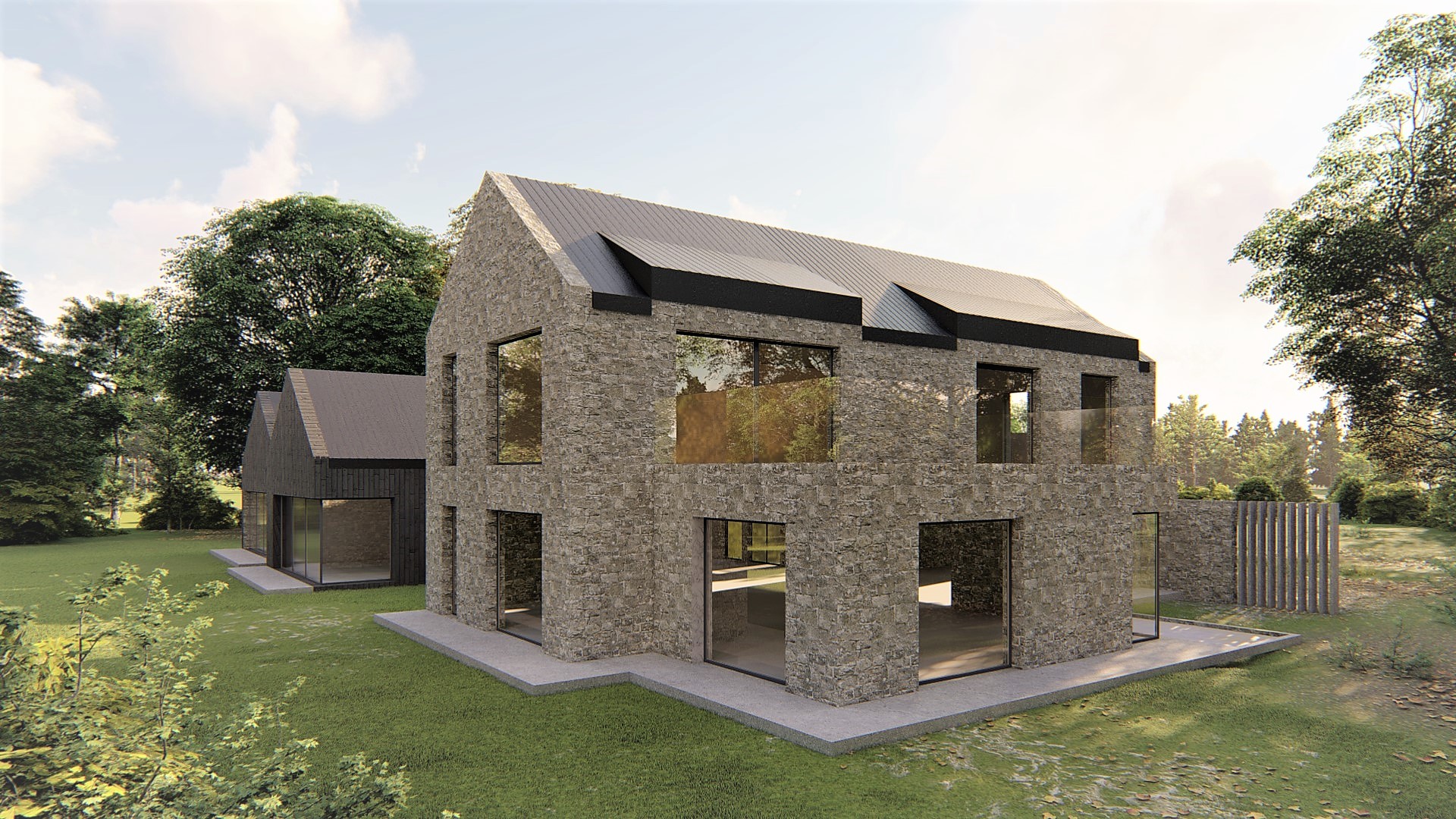Financing Your Home Extension or New Build Project in London: A Comprehensive Guide
Undertaking a home extension or new build project in London is an exciting endeavor, but it requires careful planning, meticulous budgeting, and appropriate financing. Financing such projects can be a daunting task, especially in a dynamic and expensive property market like London.

However, with the right approach and knowledge, you can navigate the financial aspects successfully. In this article, we will explore various financing options available to homeowners in London, providing insights and guidance to help you fund your house extension or new build project.
1. Assessing Project Costs and Budgeting:
The first step in financing your house extension or new build project is to establish a realistic budget. Begin by determining the scope of your project, including the desired size, design, and finishes. Consult with architects, builders, and other professionals to obtain accurate cost estimates. Consider all aspects, such as construction materials, labor, permits, architectural fees, and contingency funds. By having a detailed budget, you can better understand your financing requirements. Steph Fanizza, Architectural Design & Team Manager
Tell us about your plan and we'll send you a free quote! It takes less than 60 seconds!
2. Personal Savings and Equity Release:

3. Traditional Mortgages and Remortgaging:
If personal savings are insufficient, or you prefer not to deplete them entirely, securing a mortgage is a common financing route. Traditional mortgages can be obtained for both home extensions and new builds. For extensions, you may consider a further advance on your existing mortgage, while new builds often require a self-build mortgage. Shop around for the best mortgage rates and terms, considering factors such as interest rates, repayment options, and fees. Remortgaging your property can also be an option, enabling you to release additional funds based on your property’s increased value.
4. Government Schemes and Grants:
The UK government offers various schemes and grants to assist homeowners with financing home improvement projects. For example, the Help to Buy Equity Loan scheme can be applicable for new builds, allowing you to borrow a percentage of the property’s value interest-free for a specified period. The Green Homes Grant scheme supports energy-efficient improvements, which may be relevant to your extension or new build project. Additionally, local authorities and housing associations may offer grants or subsidies for specific housing developments. Stay updated with government initiatives to take advantage of these financial incentives.
5. Specialist Construction Loans and Bridging Finance:
For larger and more complex projects, specialist construction loans can be an appropriate financing option. These loans provide funds in stages as the construction progresses, typically with interest-only repayments during the building phase. However, they often involve higher interest rates and stricter eligibility criteria. Bridging finance is another short-term option, providing interim funding until a long-term financing solution is secured. Although bridging finance can be expensive, it can be useful for urgent projects or when waiting for the sale of an existing property.
6. Consider Alternative Financing Options:
Apart from traditional methods, several alternative financing options may be worth exploring. Peer-to-peer lending platforms connect borrowers directly with lenders, potentially offering competitive interest rates. Crowdfunding is gaining popularity for funding innovative and community-driven projects, although it might be more challenging for personal home extensions. Additionally, some homeowners may opt for personal loans, credit lines, or credit cards for smaller projects or short-term funding needs.
However, when considering alternative financing options, it’s crucial to carefully evaluate the terms, interest rates, repayment schedules, and associated risks. Thoroughly research and compare different platforms or lenders, ensuring they are reputable and regulated.
Financing a home extension or new build project in London requires careful consideration and planning. By assessing project costs, establishing a realistic budget, and exploring various financing options, you can find the most suitable solution for your needs. Whether it’s utilizing personal savings, leveraging equity, securing traditional mortgages, exploring government schemes, or considering alternative financing methods, each option has its own advantages and considerations.
Remember to seek professional advice from mortgage brokers, financial advisors, or construction experts to ensure you make informed decisions. Stay updated with changes in the property market and government initiatives that may impact your financing options. Additionally, be mindful of your long-term financial obligations and consider the impact on your overall financial stability.
Finally, always prioritize responsible borrowing and ensure you can comfortably manage the repayments while meeting other financial commitments. By taking a proactive and informed approach to financing your home extension or new build project, you can turn your vision into reality while safeguarding your financial well-being.













